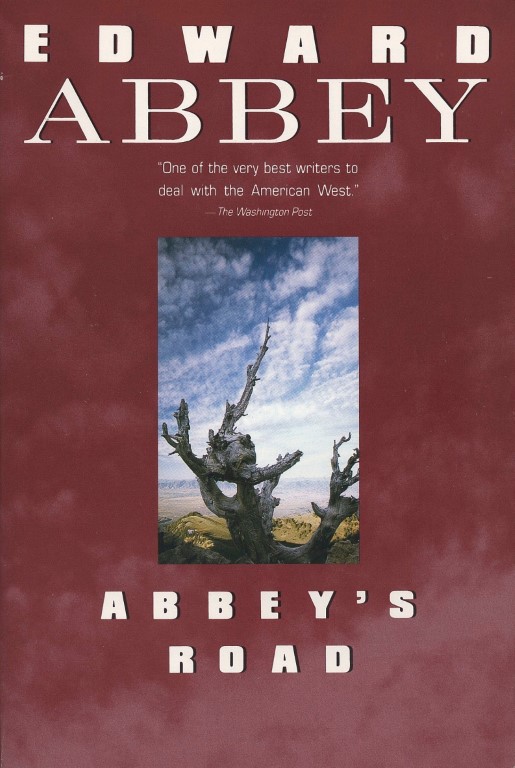
‘The Right to Arms’ essay review
By EG Manilag, Staff Writer
4/5
“If guns are outlawed, only outlaws will have guns.” This quote comes from “The Right to Arms,” a short essay written by American author Edward Abbey from his book Abbey’s Road (1979). In this narrative, Abbey reveals his strong emotions about those who might try to oppose or take away people’s rights and freedoms.
The essay begins by explaining how weapons before were totally banned from peasants and private citizens; weapons such as bows, arrows, crossbows, swords, and the obvious—firearms. He stresses the harsh, unfair, and deadly consequences that these people faced if they tried to break the law. From example, some oligarchy countries torture their citizens if they are caught (or suspected to be) hiding firearms. As for the ruling class, they get all the rights and privileges to own firearms. And what does this lead to? According to Abbey, this unfair situation will always lead to a predicted revolt. No matter how much the citizens revolt against the government, as long as the former bears sticks and the latter bears guns, it will always be no match. He further argues that guns are weapons of democracy and not of dictatorship. He adds, “Not for nothing was the revolver called an ‘equalizer.’”
Abbey gives a compelling argument with regards to the rights and freedoms of citizens to bear arms; however, in my opinion, he passively avoids the plausible violence it can cause to society. Maybe he was right for arguing for people’s rights to own weapons so that they can have a fighting chance against the tyrannical ruling class. But you simply cannot talk about guns without considering the problems to peace they may have.
Moreover, it is widely observed that most countries that have strict gun laws—such as Australia, Germany, Japan, and the United Kingdom—have less gun homicides than those countries whose citizens are more freely armed. There is a great importance in government intervention when it comes to firearms, regardless of that infringing on personal liberty. Because at the end of the day, you cannot please two masters at the same time. So, it is better—way better—to have a bureaucratic way of selling guns to citizens. Not only can it help on tracking criminals, it can also prevent accidental firearm deaths.
The abovementioned are just some of my concerns. The essay, ultimately, has a lot to offer even though it is short. It is quite historical and uses persuasive and reasonable evidence. The author does a good job formulating this convincing and thought-provoking essay. I really do encourage the readers to lend some of their time to understanding Edward Abbey’s pro-gun rights piece.


